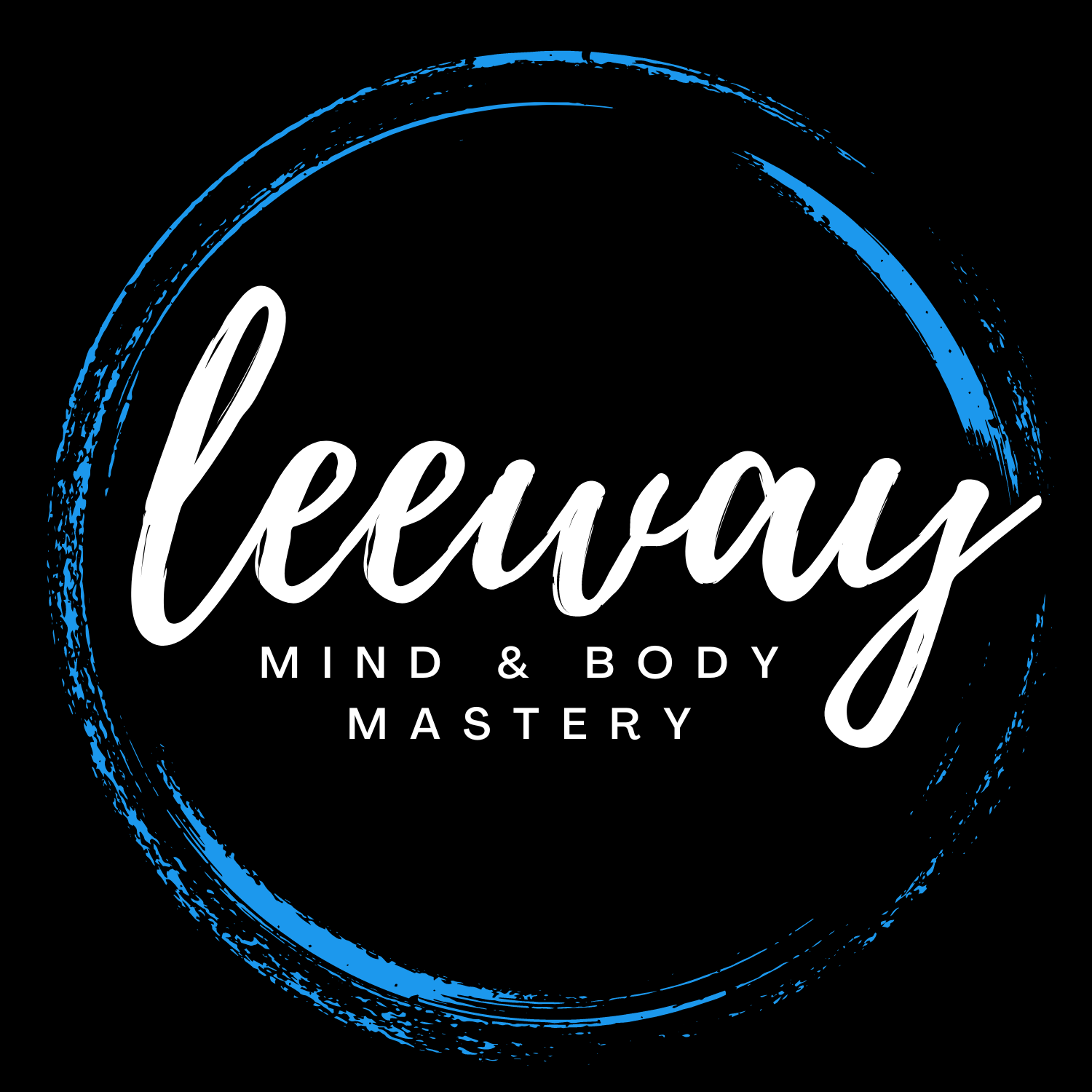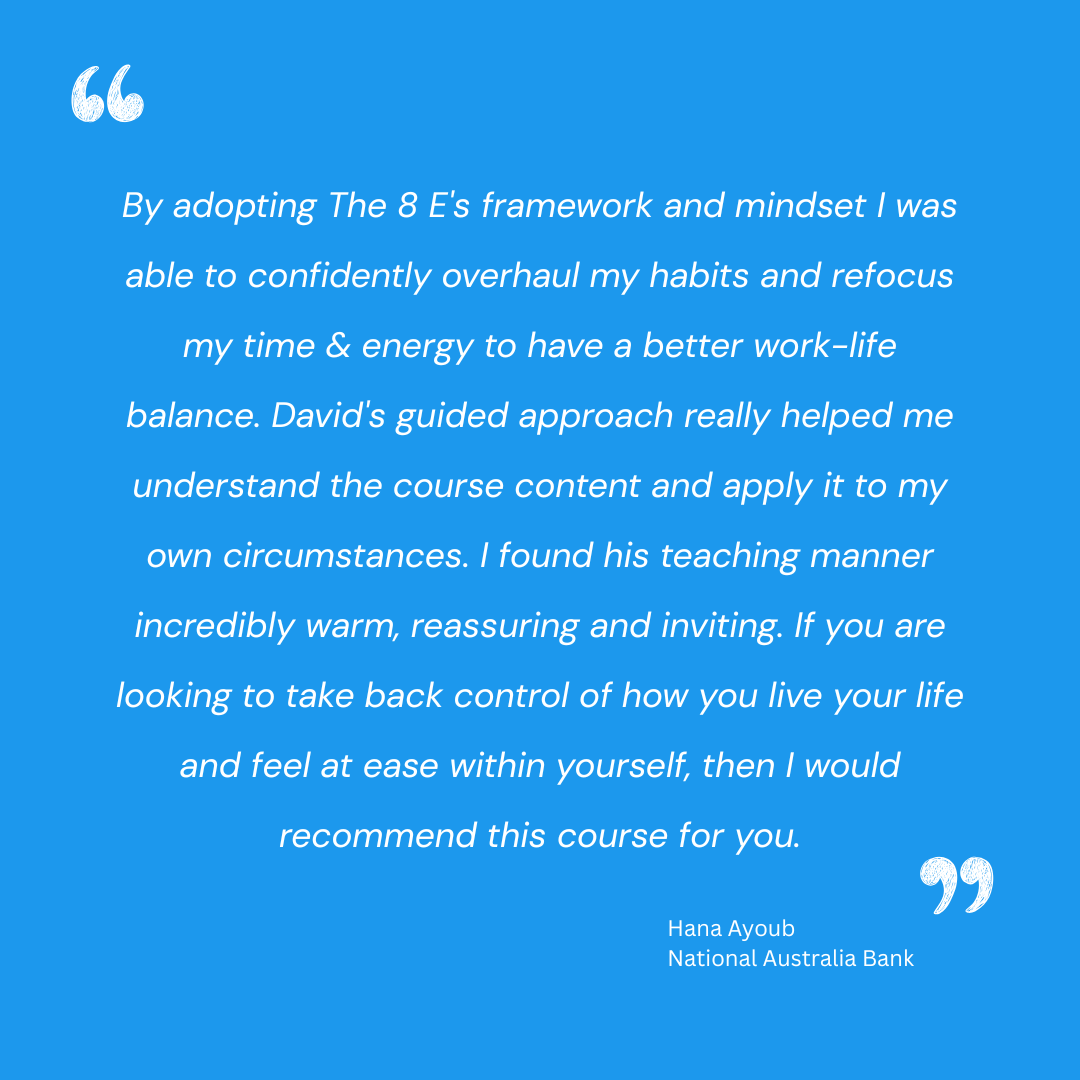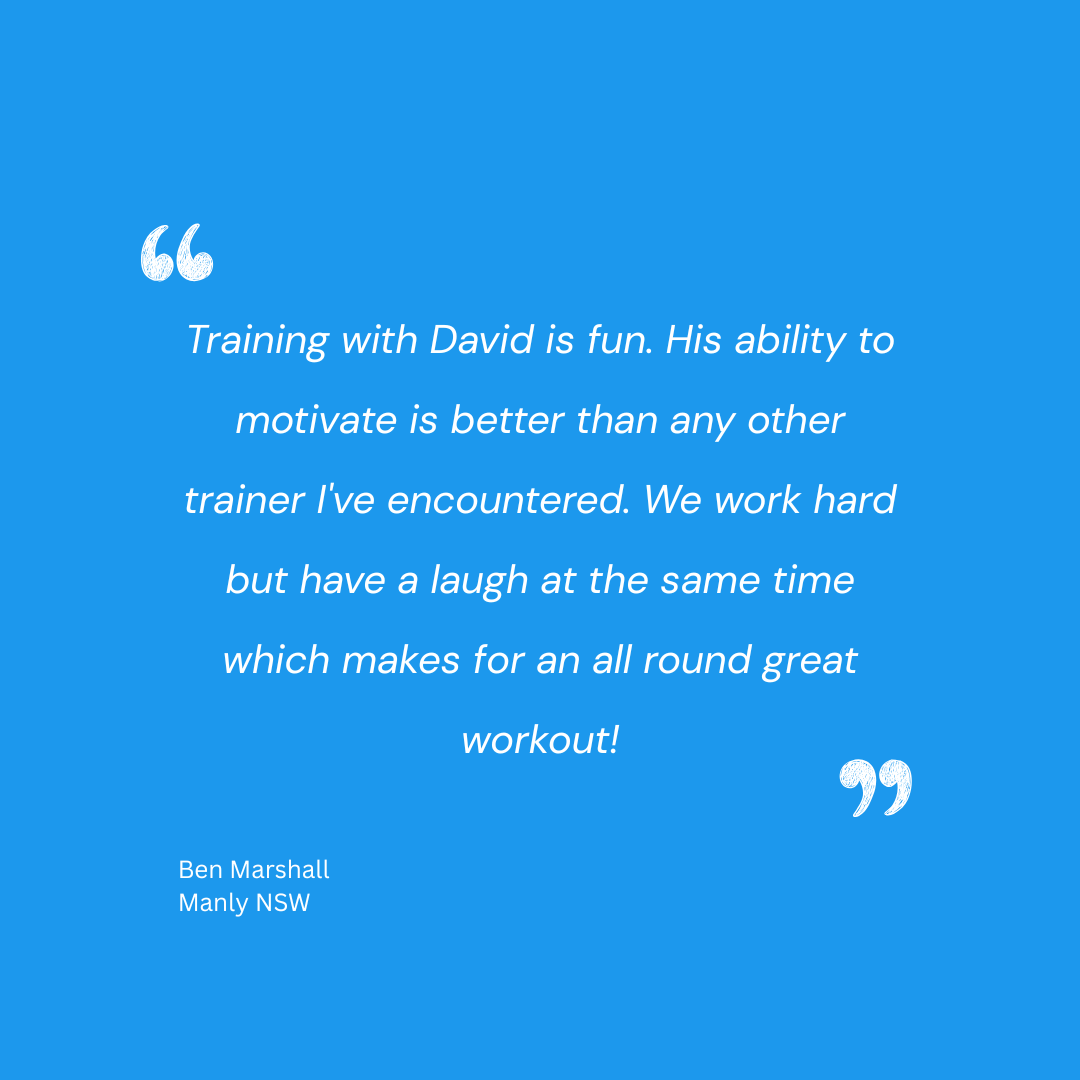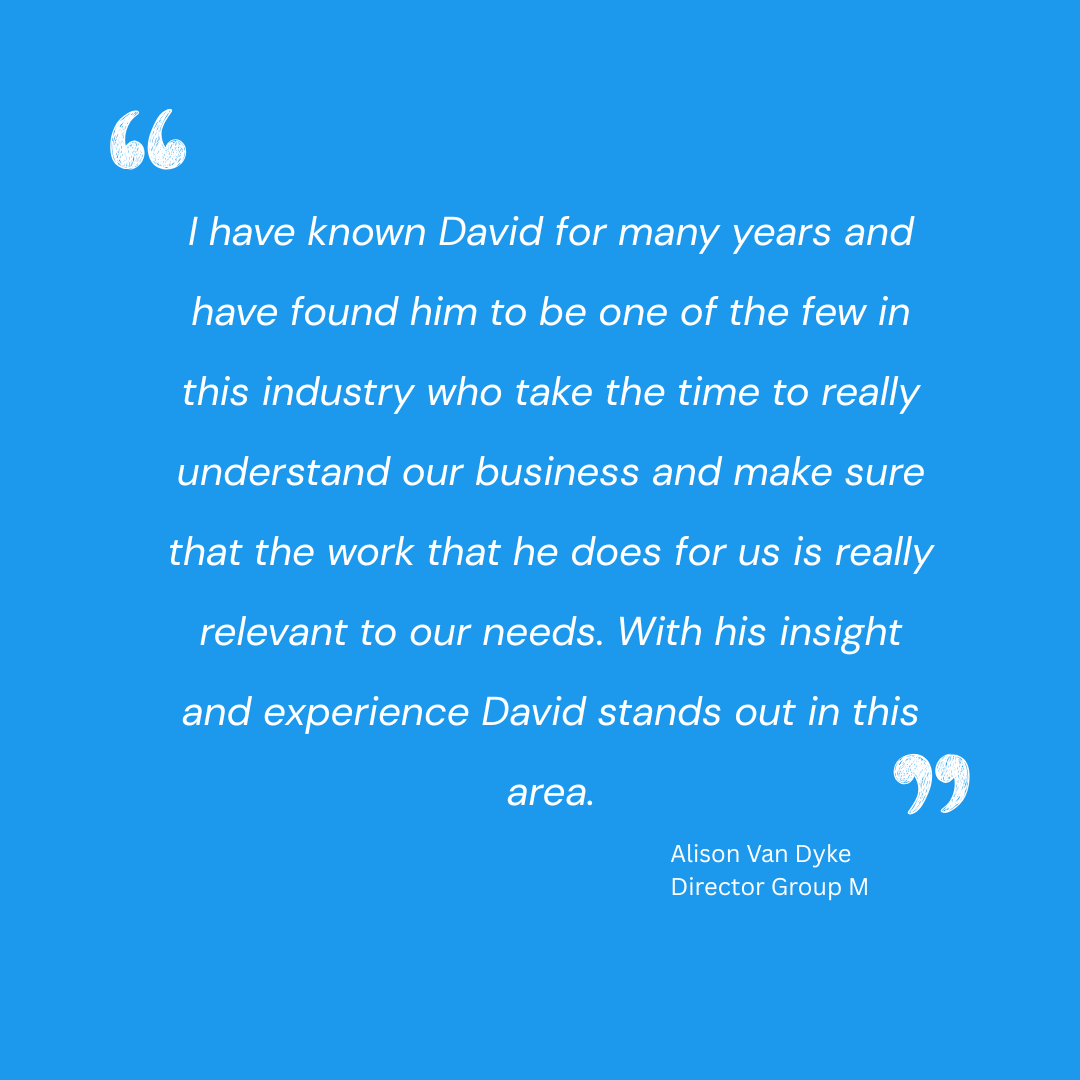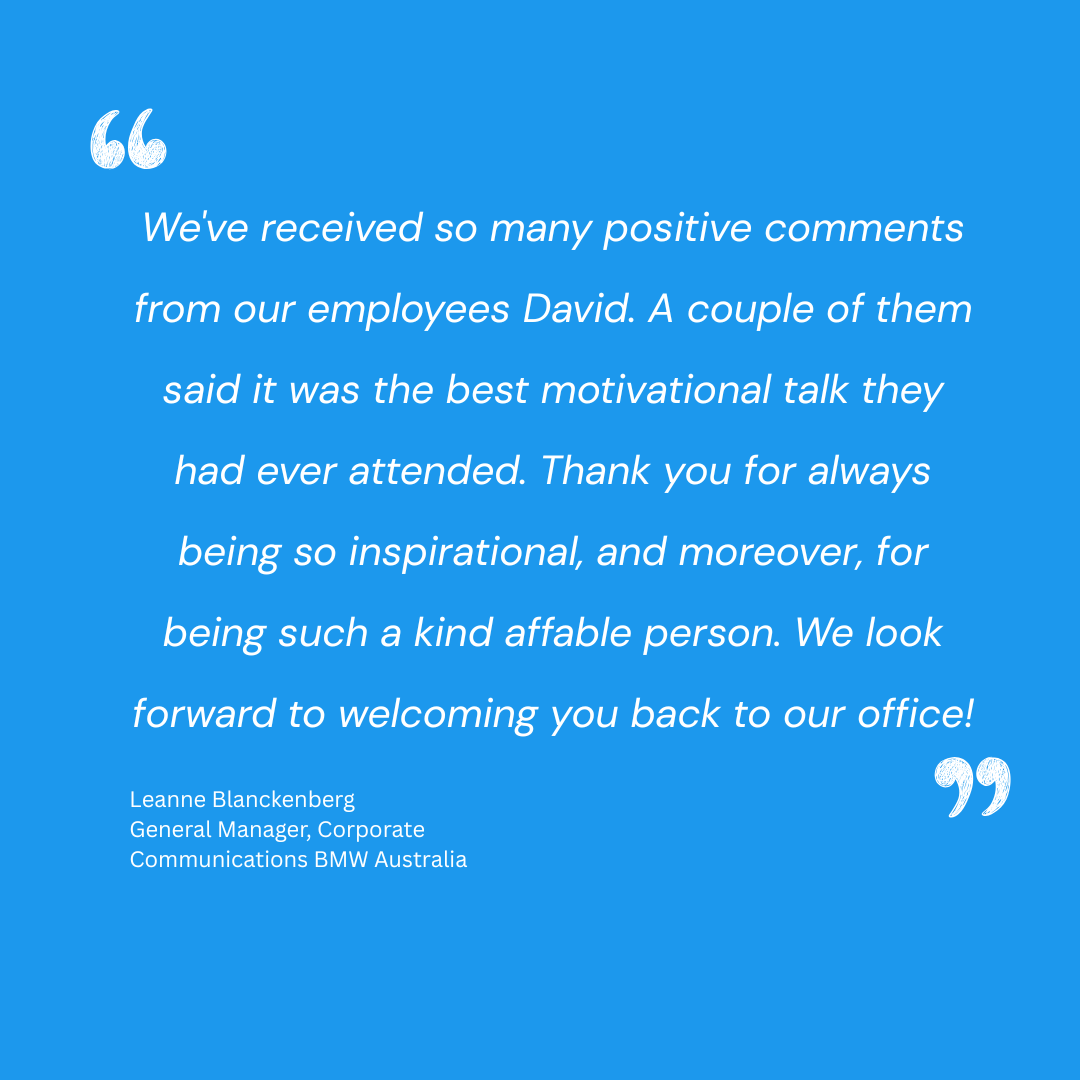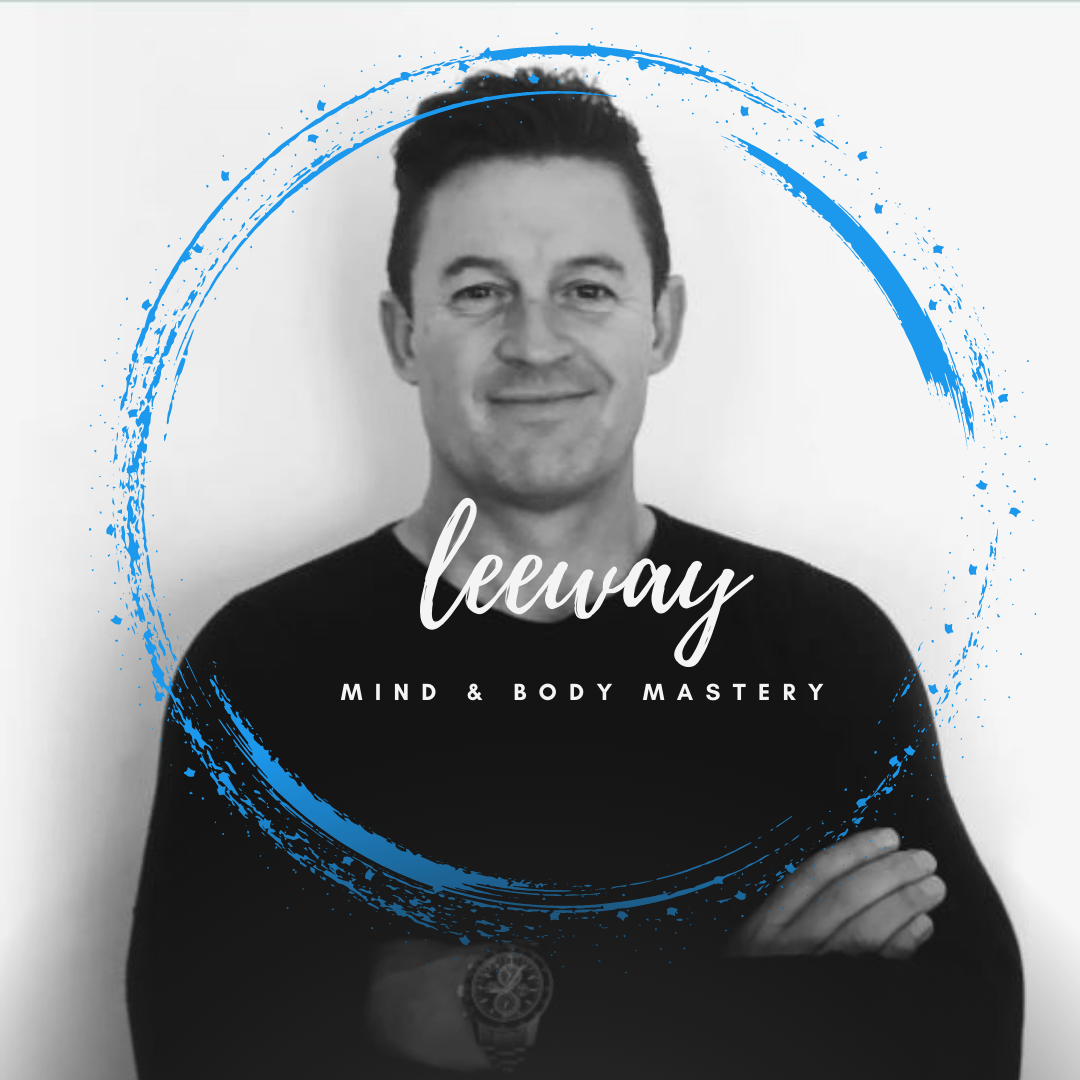Are you over the moon about the Blood Moon? Here's why you should be...
May 27, 2021
Every moment in life is rich and unique; whether we are aware of it or not, we are always leaping and hopping on a moonshadow - the inescapable present moment - Cat Stephens (Yusuf)
Would I spend 20 minutes or so flicking through viewing options on TV before going to bed, having done nothing but flick through options of what I did not decide to watch on TV?
I then looked at social media and was reminded of the Blood Moon!
I remembered earlier that day, overhearing a woman telling her young children about making 3 wishes to the full moon tonight.
So, I rugged up against the cold and the wind, poured myself a whisky and sat outside gazing up at the moon. Not a lot was happening, so I started Googling for facts about a Blood moon and was amazed at how many suggestions there were for rituals around setting intentions during this rare phenomenon.
So, I went back inside, grabbed a few palm cards, and wrote out 3 intentions, returning my gaze to the moon, which was now getting into the swing of turning red…
The websites that were recommending the rituals around intention setting were all a bit esoteric and I was being bombarded with ads for tarot card readings and clairvoyants.
Further gazing and reflection, led me to the epiphany that an intention is not a wish. It is as much of a gaze to the future as goal setting is.
Maybe it was the whisky, but further thought had me questioning the seriousness with which people approach the goals that they set. Nobody writes a goal of ‘winning the lottery' but I am convinced a lot of people write their goals with the same feelings of curious luck, that a lottery win might bring.
Intention is, something that is planned or meant – a goal is, something one aims for.
Coincidentally; 60 years ago, on May 25, 1961, President John F. Kennedy gave a speech, stating America’s intention of a moon landing.
'First, I believe that this nation should commit itself to achieving the goal, before this decade is out, of landing a man on the moon and returning him safely to the earth.'
In a later speech JFK said.
" We choose to go to the moon. We choose to go to the moon in this decade and do the other things, not because they are easy, but because they are hard, because that goal will serve to organize and measure the best of our energies and skills, because that challenge is one that we are willing to accept, one we are unwilling to postpone, and one which we intend to win, and the others, too.”
He never got to see this goal achieved but as we know, it was on July 20, 1969.
The hardest part of getting a spacecraft to the moon is in the launch phase... Once the spacecraft is through most of the earth’s atmosphere, the rest of the job is ‘relatively’ easy. It's the same with starting on your goals or launching a company or product.
I now suggest that we think of our intentions and goals more as imperatives or requirements rather than the ‘wishes’ they may remain for many to be.
The road to hell as they say, is paved with good intentions – well done is better than well said…
My Priestly brother recently said to me “The 10 commandments, aren’t called the 10 suggestions…”
The Ten commandments have been adhered to by many for centuries and have those who break them, fearing for their eternal souls. If they were suggestions, I imagine there would be a bit of flexibility towards their adherence.
And so, sticking with this theme, here is my 10 suggestions
(in no particular order) for commanding
yourself to goal
or intention
achievement.
1. Consider the consequences of you not achieving the goal you have set for yourself.
2. Ask yourself “Why do I want this?”
3. Think of who you will need in your corner, or on your team, to achieve the intention and tell them or ask for help.
4. What difference will the attainment of this goal make to your legacy?
5. Identify what is the first step you need to take AND TAKE IT!
6. What habits will you need to change, to achieve what it is you want?
7. Plan what you will do, upon the achievement of your goal. I am a massive goal achievement celebrator…
8. Write your goals down and read them daily until they are part of your character and imminent destiny. They cannot be wishes, on paper.
9. Think about who you will become in the pursuit of your goal.
10. Consider what you will have to DO, who will you have to BE, to Have what you want to have... Do Behave…
Helen Keller said, “There is no king who has not had a slave among his ancestors, and no slave who has not had a king among his.”
As a young boy, my mother once said to me “it is no one’s fault to be born into poverty, but it is a fault, not to try to get out of it”.
We start off a New Year with New Year’s Resolutions. We finish a week, promising that next week we will do more or better and this, that or the other. We start the day with the will and somehow lose the way.
I would never frown on any opportunity people take for goal or intention setting, as I believe that every moment that passes is another opportunity for you to turn everything around.
So, use the moon phase to set your intentions if you like and commit yourself to their achievement.
In my moon gazing and lunarticking off to do lists, I texted both my daughters with the suggestion they look at the Blood Moon and set 3 goals…
My eldest daughter texted back ‘why only 3?’
My youngest daughter sent me a photo of her watching from the beach 😊.
It was in that moment that I remembered pushing them both on the swing as youngsters and to make sure it was a fair time for both, as we only had one swing, I would sing to each of them “I’m being followed by a moonshadow” by Cat Stevens, as it was a song they loved and the only song I knew all the words to at the time.
It was then, that I was over the moon – so I went to bed.
Be well.
DL
The faults of a superior person are like the sun and moon. They have their faults, and everyone sees them; they change, and everyone looks up to them.
-Confucius
Don’t keep this to yourself. Spread the word.

"How you wake up each day and your morning routine (or lack thereof) dramatically affects your levels of success in every single area of your life. Focused, productive, successful mornings generate focused, productive, successful days— which inevitably create a successful life." Hal Elrod (Author of The Miracle Morning )

"By three methods we may learn wisdom: First, by reflection, which is noblest; Second, by imitation, which is easiest; and third by experience, which is the bitterest." CONFUCIOUS In their book Ikigai: The Japanese Secret to a Long and Happy Life, Hector García and Francesc Miralles write that there is no word in Japanese that means to retire in the sense of leaving the workforce for good. The Oxford Dictionary defines ikigai as “a motivating force; something or someone that gives a person a sense of purpose or a reason for living”. In researching their book, García and Miralles spent time in the village of Ogimi on the Japanese island of Okinawa. Ogimi is known as the village of longevity. Its 3000 inhabitants enjoy the highest life expectancy in the world. In Japanese culture, retiring and not keeping mind and body busy is considered bad for your health since it disconnects your soul from your ikigai. Being of service to the village by continuing to be involved in community life or continuing to work is felt to be a key ingredient to longevity. In the book, 92-year-old resident Akira says: “Every day I wake up and go to the fields to grow tomatoes. Later I walk to the grocery store next to the beach and sell them. In the afternoon I go to the community center and prepare green tea for all my family and friends.” These Japanese people keep doing what they love and what they are good at even after they have left the office for the last time. The French, of course, have a similar expression—“raison d’être”—which the Oxford Dictionary defines as “the most important reason for somebody’s/something’s existence”. The more time I spend with spritely elderly people, the more I find they are still involved in their community as volunteers or working the job they loved before they “retired”. Like many of the lessons older people have taught me, we shouldn’t wait until we’re retired to adopt their happiness-inducing and youth-preserving behaviours. The definition of what makes people happy varies greatly, however in his book From Strength to Strength: Finding Success, Happiness, and Deep Purpose in the Second Half of Life, Arthur C. Brooks believes that the three major ingredients of happiness are enjoyment, satisfaction, and purpose. The satisfaction and enjoyment I receive from encouraging people to be better than they believe they are, and to press on in times of hardship, provides a real sense of meaning and purpose in my life. The Dalai Lama, when asked what surprised him most about humanity, replied: “Man. Because he sacrifices his health in order to make money. Then he sacrifices money to recuperate his health. And then he is so anxious about the future that he does not enjoy the present; the result being that he does not live in the present or the future; he lives as if he is never going to die, and then dies having never really lived.” I’ve coached many people who spent the first half of their lives chasing wealth and are now spending the second half of their lives chasing back their health. I’ve been coaching many more people lately who aren’t concerned about the health they have lost. They fear being cast aside and replaced by much younger yet inexperienced people, threatening the wealth they created while they adopted a “health is your wealth” mentality. Those deciding my client’s fates are themselves, in most cases, much younger than these seasoned campaigners. The dirtiest secret I keep for one of my good friends is his age. He invited me to his 40th, which was really his 50th and the younger folks were none the wiser. The best kept secret of my healthiest clients is also their age. I used to say the payoff of fitness is vanity. These days I say it is sanity. The peace of mind my fit "old" friends have is that they look younger than their age, because they look after themselves. In searching for ideas to support how I wanted to describe the collective suffering people have struggled with in the past yet are now enjoying equality and opportunities provided for them after many generations of struggle, ChatGPT served up the following. "Diversity refers to the presence of differences within a given setting. These differences can include various dimensions such as race, ethnicity, gender, age, sexual orientation, socioeconomic status, physical abilities, religious beliefs, political beliefs, and other ideologies." Unprompted, I was then offered, “In a broader sense, diversity encompasses the unique characteristics and perspectives that individuals bring to a group, organization, or society, enriching the collective experience and fostering a more inclusive environment.” I was invited to pitch for a consulting role with a global organisation 10 years ago and the friend who had organised the meeting warned me of the CEO’s bias toward younger people. Within 10 minutes of our meeting, the CEO was challenging the energy levels and enthusiasm of more experienced people as he called them, versus that of 20–30-year-olds. At this point, with the benefit of the heads up, I pulled out my phone and showed him a video to illustrate my point in age versus experience I went on to suggest that the challenge for the 3 standout players in this video was to teach the energetically enthused players how to do what they could do, while they were on the job, not in handover notes that will never be read.. I got the gig. I do think that ageism is the last blatant discrimination in the workplace and needs to be addressed by those with much more clout than my keyboard and contacts can achieve. The brave new world aside, Dame Carol Black from the Centre for Ageing Better brilliantly pointed out “Ageism compounds all other “isms”. Ageism and sexism; ageism and racism etc” A final word to the “whys” of those considering losing experience from their workforce is best left to Carole Eastern CEO of Ageing Better; “Ageism is prejudice against our future selves” The challenge for any generation is to assimilate with people of all ages. Most of the best advice I received in the workforce was bestowed upon me by older colleagues in a social setting for the cost of a steak and a wine, and most of the advice I have dispensed to younger colleagues has been dispensed the same way. Curiously, when I joined the workforce, the biggest shortcoming that was ever levelled at me was my lack of experience.. Age well. DL “The young have bad manners, contempt for authority, disrespect for their elders and a love for chatter instead of exercise. Children began to become the tyrants of their households ……. They no longer rise for their elders ….” Socrates
